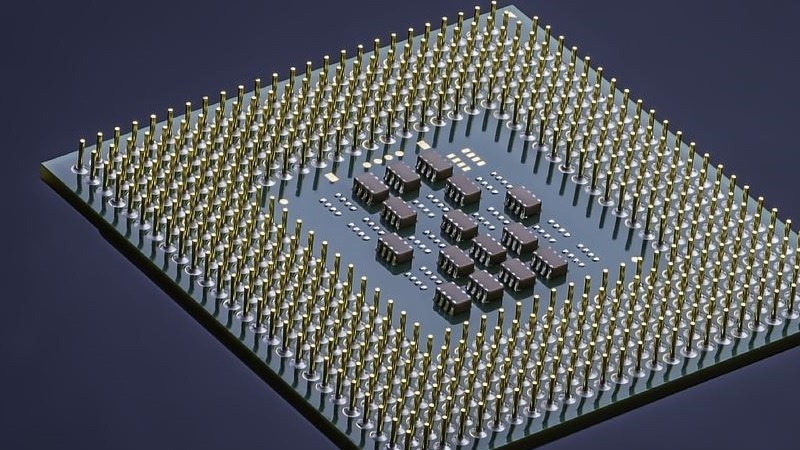A survey by the U.S. Commerce Department is shedding new light on the causes of shortages of semiconductor chips, Commerce Secretary Gina Raimondo said in a recent press release.
Demand for chips is "incredibly high, running as much as 20% in excess of 2019 demand," Raimondo said.
The high demand is expected to exceed supply for the next six months, according to the survey of 150 companies, Raimondo said.
"The median inventory of chips has fallen from 40 days in 2019 to less than five days," she said. "These inventories are even smaller in key industries. That means if a COVID outbreak, a natural disaster or political instability disrupts a foreign semiconductor facility for even just a few weeks, it has the potential shut down a manufacturing facility in the U.S., putting American workers and their families at risk."
The greatest shortages are for "legacy logic" chips used in automobiles, medical devices and other products, Raimondo said.
The shortage is fueling inflation, she added.
"In 2021, auto prices drove one-third of all inflation, primarily because of a shortage of semiconductors," she said.
However, there is some good news on the horizon.
Intel announced a $20 billion investment for a new semiconductor factory in Ohio, possibly the largest of its kind in the world, Raimondo said.
"Ford and Global Foundries announced a partnership to identify ways to work together to innovate on future chips," she said. "This is crucial, as electric vehicles require as many as 2,000 semiconductors — dramatically more than vehicles with internal combustion engines."
The U.S. House of Representatives is preparing to introduce a version of the U.S. Innovation and Competition Act (USICA), which includes $52 billion for domestic semiconductor funding, Raimondo said.
"The Senate has already passed its version of the bill with strong bipartisan support," she said. "I have been engaged daily with members on both sides of the aisle to get this done. Every day we wait is a day we fall further behind. But if we pass this bill and address this problem, we can create good jobs, rebuild American manufacturing, and strengthen our supply chains here at home for decades to come."








